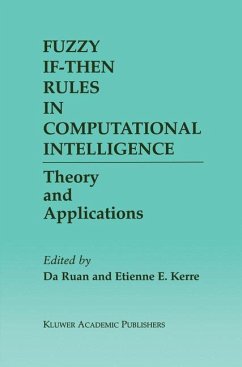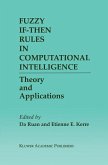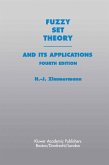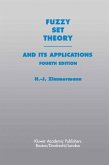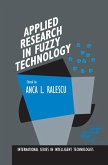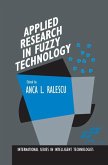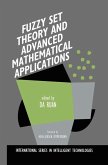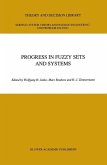During the last three decades, interest has increased significantly in the representation and manipulation of imprecision and uncertainty. Perhaps the most important technique in this area concerns fuzzy logic or the logic of fuzziness initiated by L. A. Zadeh in 1965. Since then, fuzzy logic has been incorporated into many areas of fundamental science and into the applied sciences. More importantly, it has been successful in the areas of expert systems and fuzzy control. The main body of this book consists of so-called IF-THEN rules, on which experts express their knowledge with respect to a certain domain of expertise.
Fuzzy IF-THEN Rules in Computational Intelligence: Theory and Applications brings together contributions from leading global specialists who work in the domain of representation and processing of IF-THEN rules. This work gives special attention to fuzzy IF-THEN rules as they are being applied in computational intelligence. Included are theoretical developments and applications related to IF-THEN problems of propositional calculus, fuzzy predicate calculus, implementations of the generalized Modus Ponens, approximate reasoning, data mining and data transformation, techniques for complexity reduction, fuzzy linguistic modeling, large-scale application of fuzzy control, intelligent robotic control, and numerous other systems and practical applications. This book is an essential resource for engineers, mathematicians, and computer scientists working in fuzzy sets, soft computing, and of course, computational intelligence.
Fuzzy IF-THEN Rules in Computational Intelligence: Theory and Applications brings together contributions from leading global specialists who work in the domain of representation and processing of IF-THEN rules. This work gives special attention to fuzzy IF-THEN rules as they are being applied in computational intelligence. Included are theoretical developments and applications related to IF-THEN problems of propositional calculus, fuzzy predicate calculus, implementations of the generalized Modus Ponens, approximate reasoning, data mining and data transformation, techniques for complexity reduction, fuzzy linguistic modeling, large-scale application of fuzzy control, intelligent robotic control, and numerous other systems and practical applications. This book is an essential resource for engineers, mathematicians, and computer scientists working in fuzzy sets, soft computing, and of course, computational intelligence.

